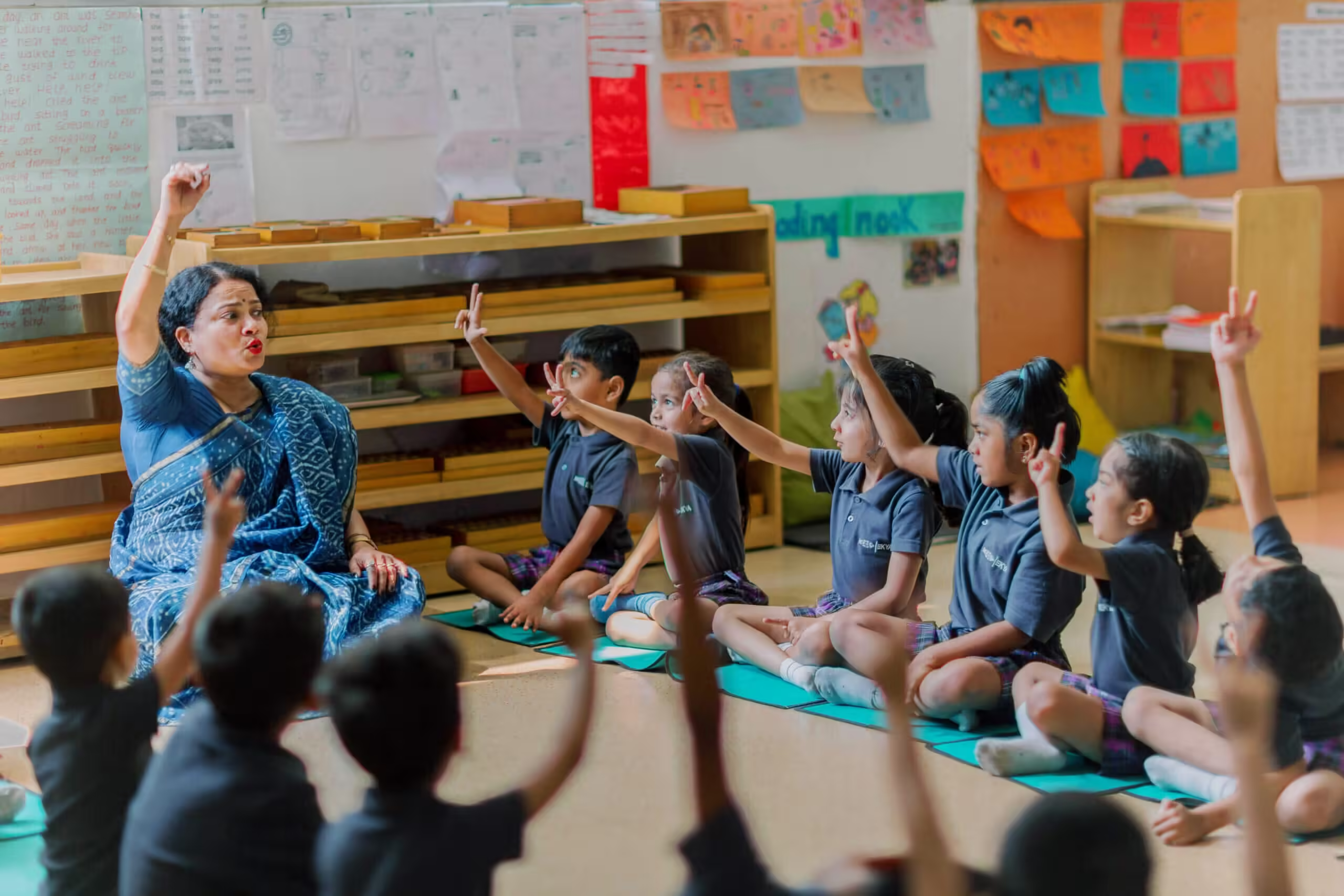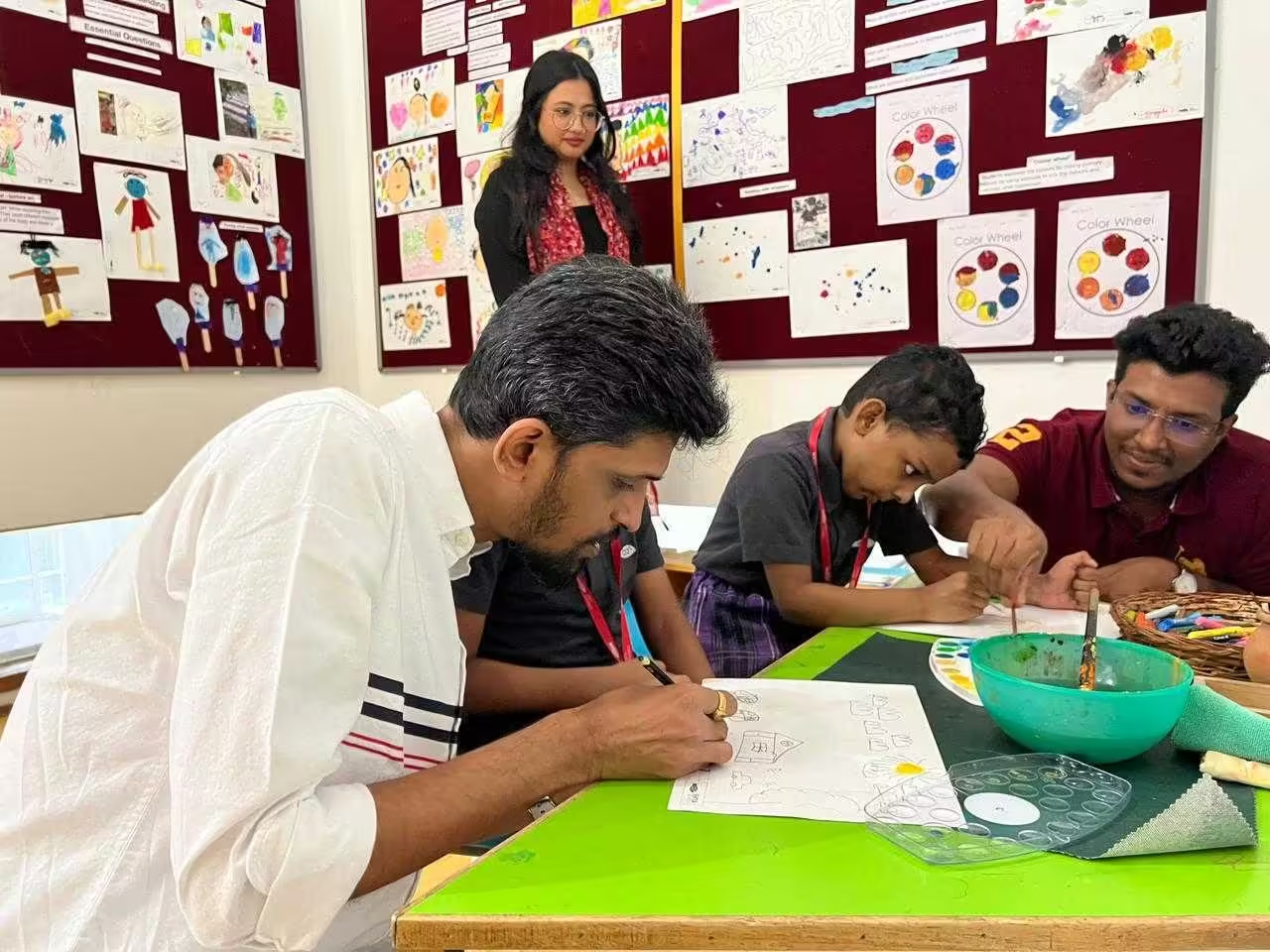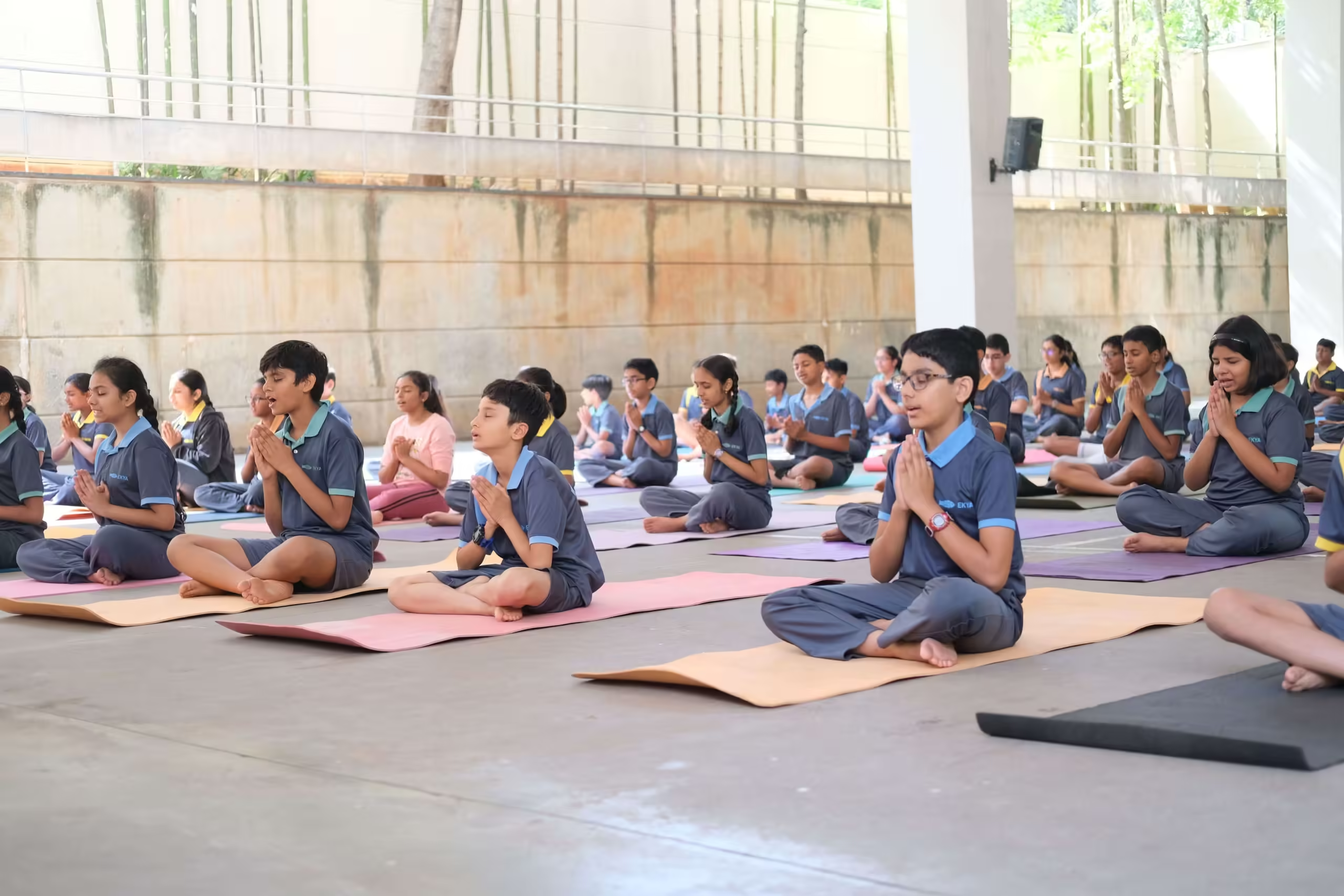In a world that often feels like it’s spinning out of control, the need for mindfulness in children’s lives has never been more crucial. Imagine a space where young minds can pause, breathe, and truly connect with their emotions amidst the hustle and bustle of everyday life. Montessori schools in Bangalore are stepping up to this challenge by weaving simple yet powerful mindfulness practices into their curriculums. These practices not only empower children to develop a deeper understanding of their feelings but also enhance their concentration and foster a profound sense of calm.
Whether at home or in the classroom, cultivating mindfulness is a transformative journey that can enrich children’s lives and help them flourish in our fast-paced society. Let’s explore how these practices can be seamlessly integrated into daily routines, creating a sanctuary of peace and awareness for the next generation.
The Importance of Mindfulness for Children
Mindfulness for children involves teaching them to be present and aware of their thoughts and feelings. This practice can lead to numerous benefits, including improved concentration, emotional regulation, and resilience. With the rise of stress in children due to academic pressure, integrating mindfulness techniques into their daily routine can provide a much-needed respite.
International schools in Bangalore like Ekya NAVA emphasise hands-on learning and self-directed activities, making them an ideal environment for introducing mindfulness. Here are some easy practices that can be incorporated into daily routines:
- 1. Breathing Exercises
One of the simplest mindfulness practices involves focusing on your breath. Encourage children to take a few minutes each day to sit quietly and breathe deeply. You can guide them through this exercise by asking them to:
– Sit comfortably with their eyes closed.
– Inhale deeply through the nose for a count of four.
– Hold their breath for a count of four.
– Exhale slowly through the mouth for a count of four.
Repeating this cycle a few times helps children centre themselves and promotes relaxation. Many international schools in Bangalore have adopted this practice, noting its positive impact on students’ focus and anxiety levels.

2. Mindful Colouring
Mindful colouring is another engaging activity for children. It allows them to express their creativity while focusing on the present moment. Provide children with colouring books or sheets and encourage them to:
– Choose colours they feel drawn to.
– Concentrate on filling each space carefully, noticing the colours and patterns.
– Pay attention to how the act of colouring makes them feel.

This practice encourages mindfulness by allowing children to immerse themselves in the moment, reducing stress and enhancing their emotional well-being.
Incorporating Mindfulness into Daily Routines
To ensure that mindfulness becomes a regular part of children’s lives, it can be helpful to incorporate these practices into daily routines. Montessori schools in Bangalore often promote this by setting aside specific times for mindfulness activities throughout the day. Parents can also adopt similar strategies at home by
– Creating a designated mindfulness corner with calming items like cushions, soft lighting, and mindfulness books.
– Starting or ending each day with a brief mindfulness activity, such as guided meditation or quiet reflection.
– Encouraging open discussions about feelings and thoughts, helping children articulate their emotions.
By integrating mindfulness practices into everyday life, children are more likely to develop a habitual sense of awareness and calm.
The Ekya way of practising mindfulness
Many international schools in Bangalore, like Ekya NAVA recognized the profound impact of mindfulness on children’s development and have implemented a comprehensive approach to integrate these practices into their daily routines. By creating a dedicated mindfulness curriculum, Ekya emphasises the importance of emotional intelligence and self-awareness from an early age.
Each day begins with a mindfulness moment, where students engage in short meditation sessions, breathing exercises, or reflective journaling to ground themselves before diving into their academic pursuits.
Additionally, the Well-being program at Ekya NAVA focuses on learners’ overall social, emotional, and ethical development. Ekya NAVA incorporates mindful movement practices, such as yoga, into physical education classes, allowing students to cultivate a sense of body awareness and relaxation.

The school also encourages teachers to model mindfulness behaviours in the classroom, creating an environment that fosters calm and focus. Through these intentional measures, Ekya Schools not only prioritise the mental well-being of their students but also equip them with lifelong skills to navigate the complexities of their emotions and the world around them.
Conclusion
Mindfulness for children is an invaluable skill that can enhance their overall well-being and academic performance. Montessori schools in Bangalore are leading the way by incorporating easy mindfulness practices into their curriculums, providing a model that other educational institutions, including many new international schools in Bangalore, can follow. By introducing simple techniques like breathing exercises and mindful colouring, parents and educators can help children cultivate a sense of peace and presence that will serve them throughout their lives.
Embracing mindfulness not only benefits children, but it also creates a more harmonious and supportive environment in which they can grow and thrive. So, let’s take a moment to breathe, colour, and be present—together.
